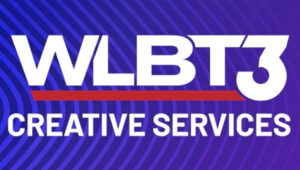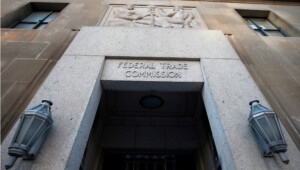
Georgia lawmakers have rejected a bill that would have limited what the state can spend on tax incentives for film and TV production.

X argued that the law improperly compels speech in violation of the First Amendment and is meant to pressure social media companies to remove content the government deems objectionable.
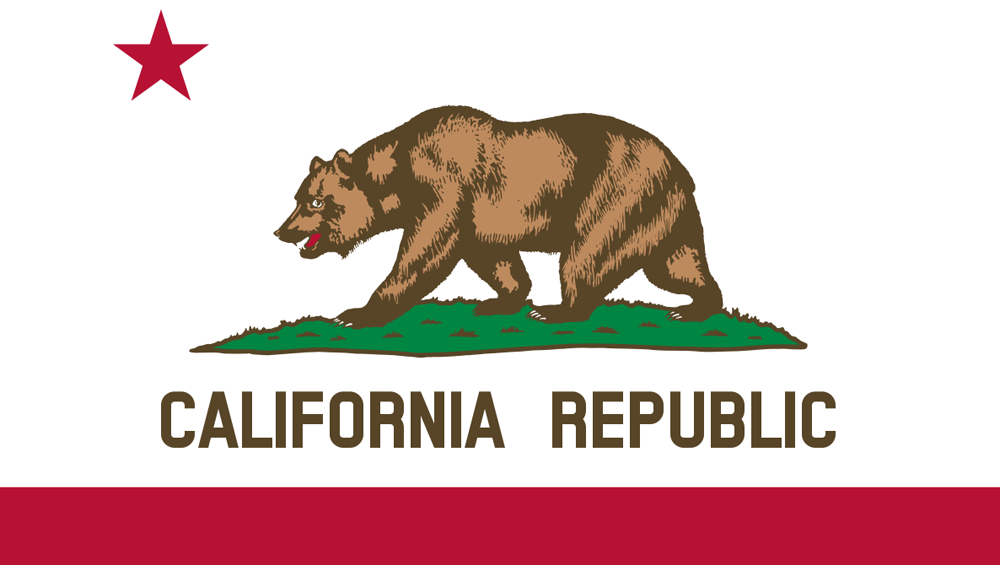
California Gov. Gavin Newsom on Tuesday signed the Delete Act, which aims to enable state residents to easily remove their information from all data brokers registered with the state. The bill (SB 362) was backed by privacy advocates but opposed by the ad industry and business groups.
Netflix is poised to score big from two tax incentives that are moving through the state legislatures in California and New Jersey this week.
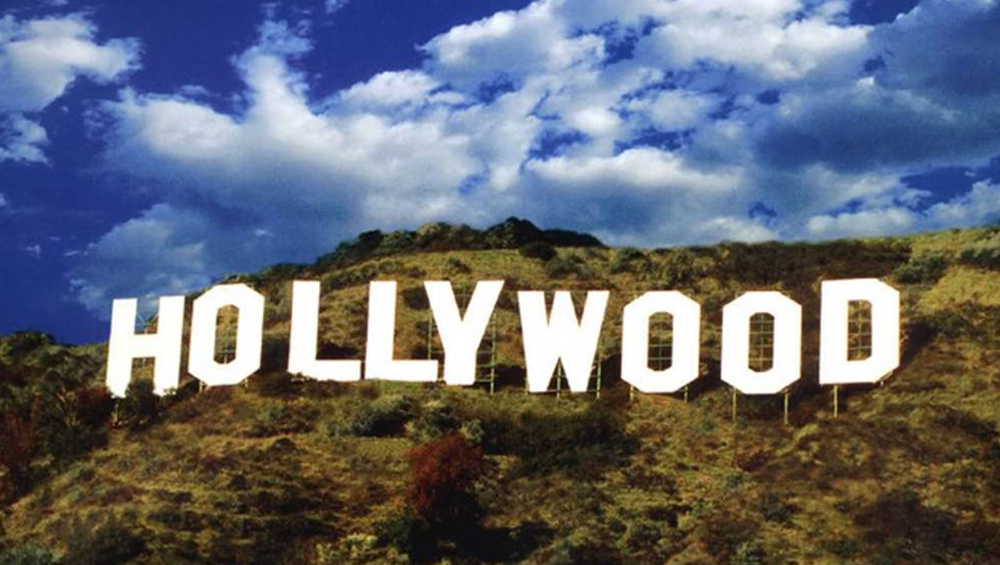
Both houses of the California legislature showed support Thursday for extending tax credits for film productions in the state, offering about $330 million annually to studios who film here — with a pending stipulation that filmmakers show real increases in diversity hiring for these projects. The extension, part of a $311.2 billion draft state budget, would keep the California Film and Television Tax Credit Program through 2030. Legislators still are hashing out details for a final budget, which then will require approval from Gov. Gavin Newsom.
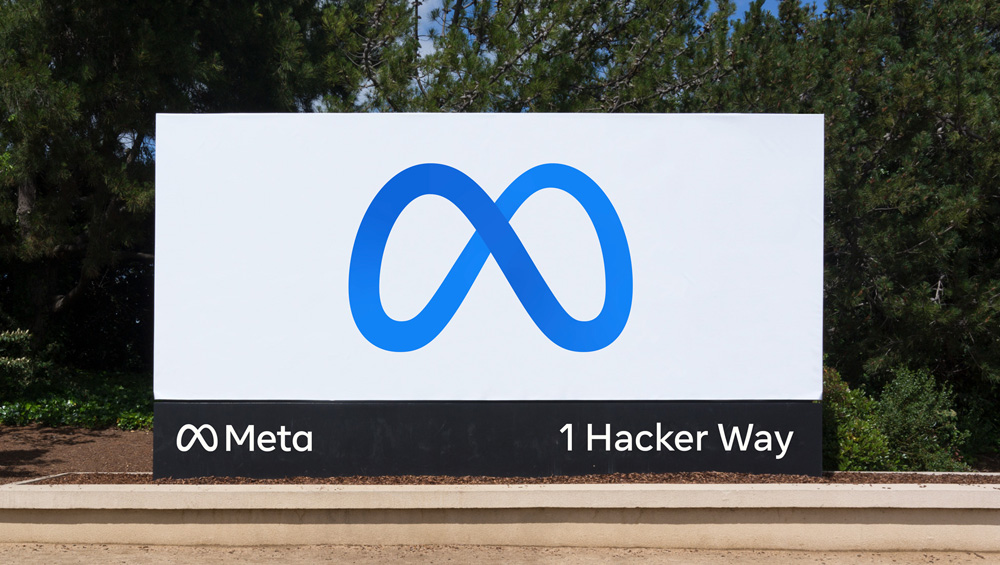
Facebook parent company Meta is threatening to remove news content on its platforms Instagram and Facebook in California if the state legislature passes a new proposal that would make tech companies pay publishers for news content. “If the Journalism Preservation Act passes, we will be forced to remove news from Facebook and Instagram rather than pay into a slush fund that primarily benefits big, out-of-state media companies under the guise of aiding California publishers,” reads a statement posted to Twitter by Meta spokesperson Andy Stone.

California lawmakers this week are launching a plan to force digital giants like Facebook and Google to pay publishers for news content, taking a contentious global fight to the state level. Pictured: Assemblymember Buffy Wicks (D-Oakland) has led several state-level efforts targeting the tech giants. (Rich Pedroncelli/AP)
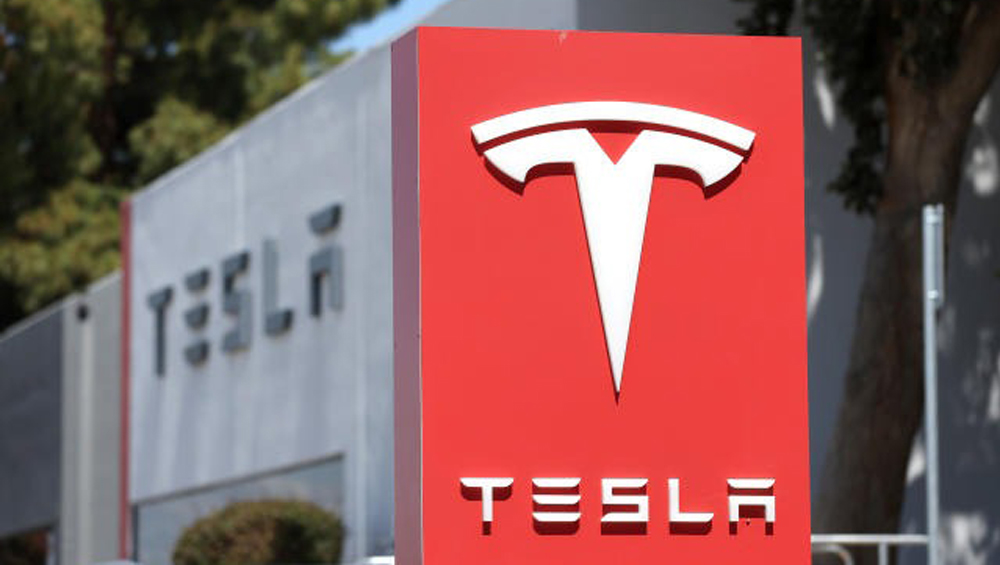
California Gov. Gavin Newsom signed a new law forbidding Tesla from advertising its vehicles as full self-driving. The new law, Senate Bill 1398, calls out “deceptively naming or marketing” a car as self-driving when it only has partial automation features and human drivers are still necessary.

With more than 4.6 million votes counted, a measure largely supported by gaming companies that would have allowed adults to wager on mobile devices and online had only 16% support. And a proposition that would have legalized sports gambling at tribal casinos and horse tracks had less than 30% support.

Californians have been inundated with a blast of advertisements as backers of two propositions seek to legalize sports gambling by allowing it at tribal casinos and racetracks or through mobile and online wagering. Still, preelection polls showed both ballot measures faced an uphill fight to win a majority. Should both be approved, a provision in the California Constitution calls for the one with the most votes to prevail.
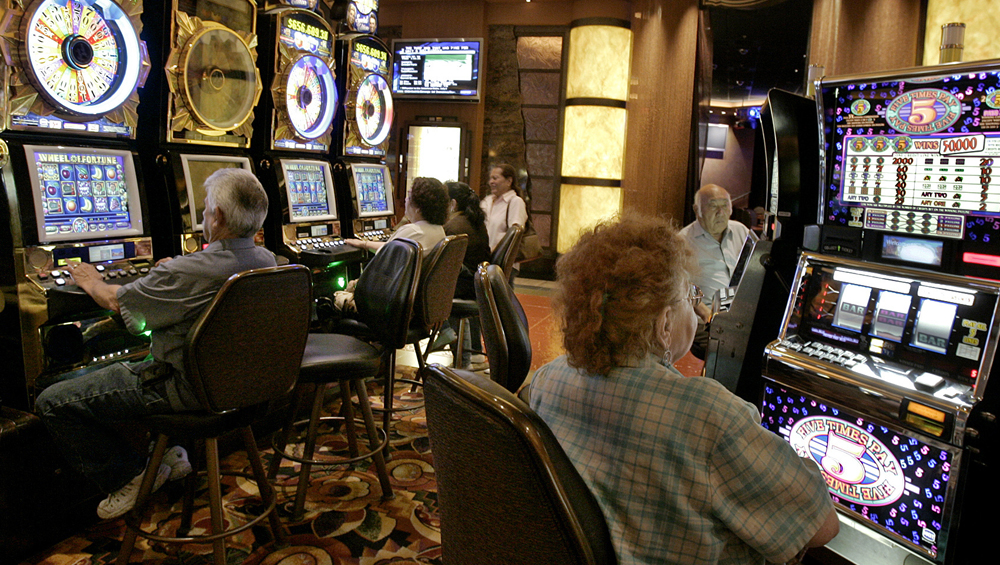
A torrent of advertising has buffeted Californians for months, much of it making promises far beyond a plump payoff from a game wager. With the stakes high, more than $400 million has been raised so far – easily a national record for a ballot initiative fight, and nearly doubling the previous mark in California set in 2020 – with another seven weeks to go until balloting ends on Nov. 8.
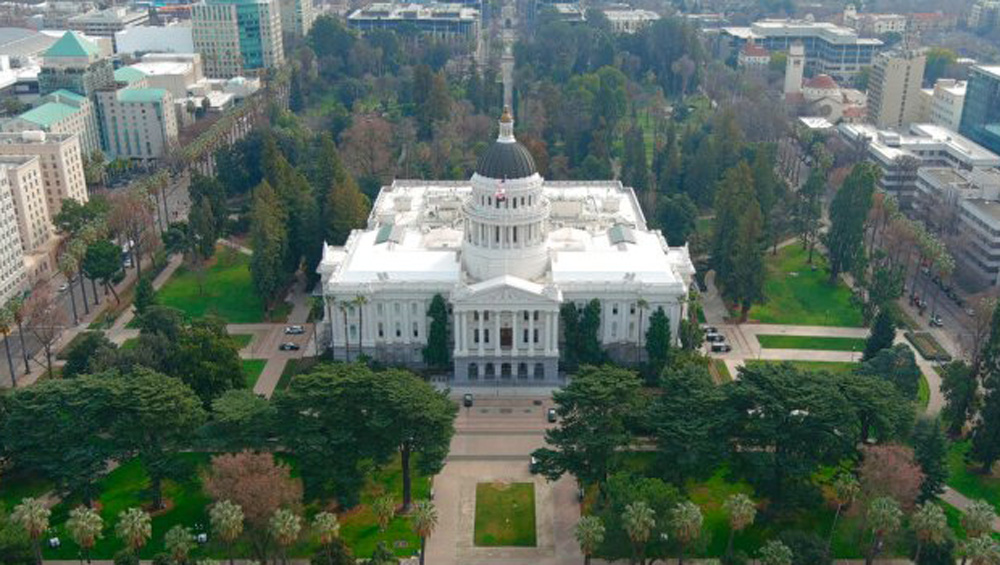
Computer-industry trade group sounds warning over fines to be split between city, county treasuries.

Tough new proposed privacy regulations in California are inconsistent with the state’s recently passed Privacy Rights Act, the major ad organizations say in a letter sent Tuesday to California’s privacy agency. “We are concerned that several provisions in the proposed regulations contravene the clear text” of the law, the Association of National Advertisers, Interactive Advertising Bureau, American Association of Advertising Agencies, American Advertising Federation, and Digital Advertising Alliance write.
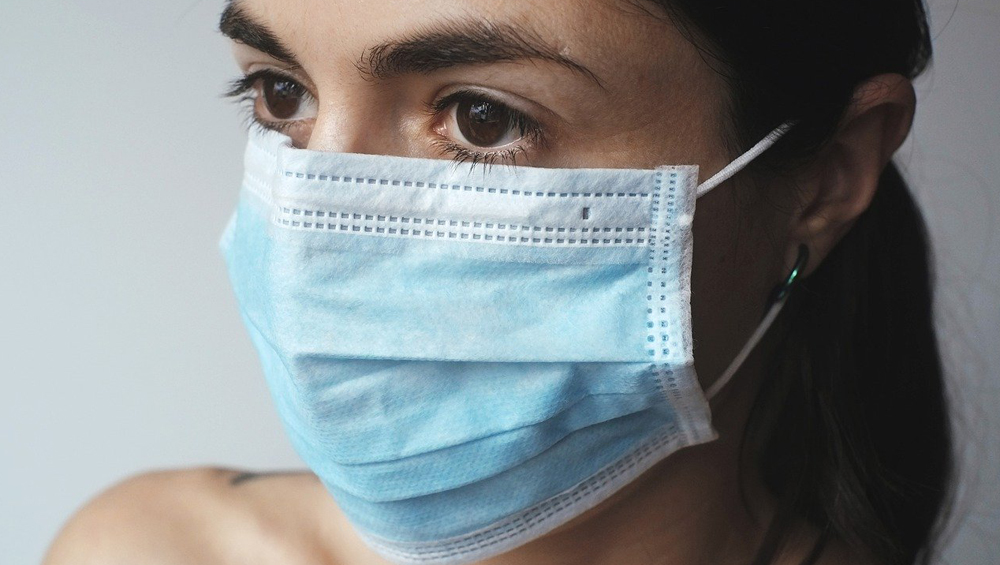
Los Angeles County Public Health Director Barbara Ferrer on a Zoom with reporters yesterday recommended, “Everyone two years of age and older should wear a mask in indoor gatherings and indoor settings such as businesses, restaurants and indoors at schools.”

Police must allow journalists access to closed-off demonstrations and protests, under a new law signed by California Gov. Gavin Newsom. The new law, Senate Bill 98, requires that journalists be given unfettered access to closed-off protests, and prohibits law enforcement officers from assaulting, interfering or obstructing journalists from covering such events.
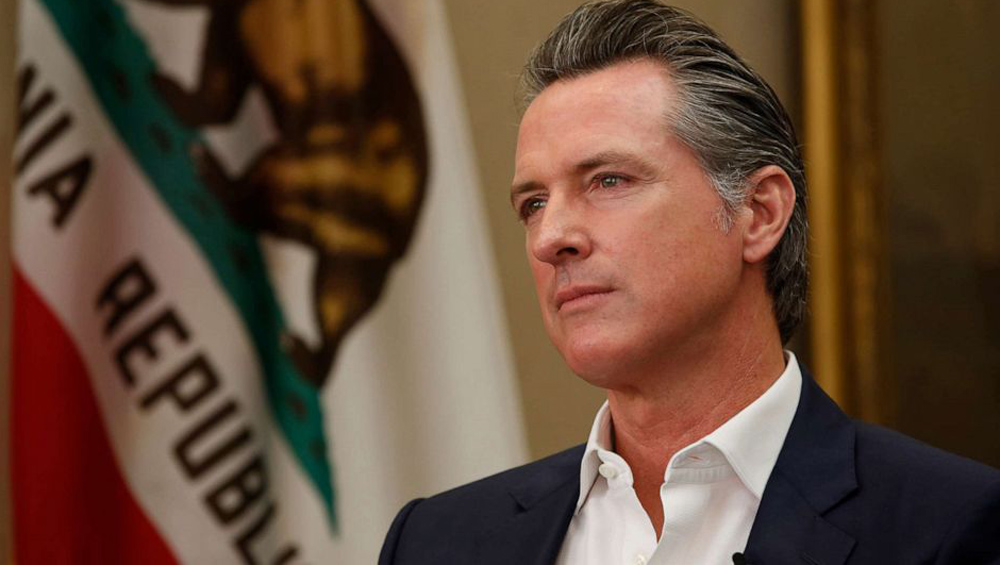
Citing California public health officials, Governor Gavin Newsom Wednesday night said that gatherings of more than 250 people should be postponed or canceled across the state until at least the end of March. That effectively would ground any Hollywood film and TV premieres, festivals, larger screenings and Emmy campaign events and would temporarily halt the use of live audiences in show tapings, including primetime sitcoms.
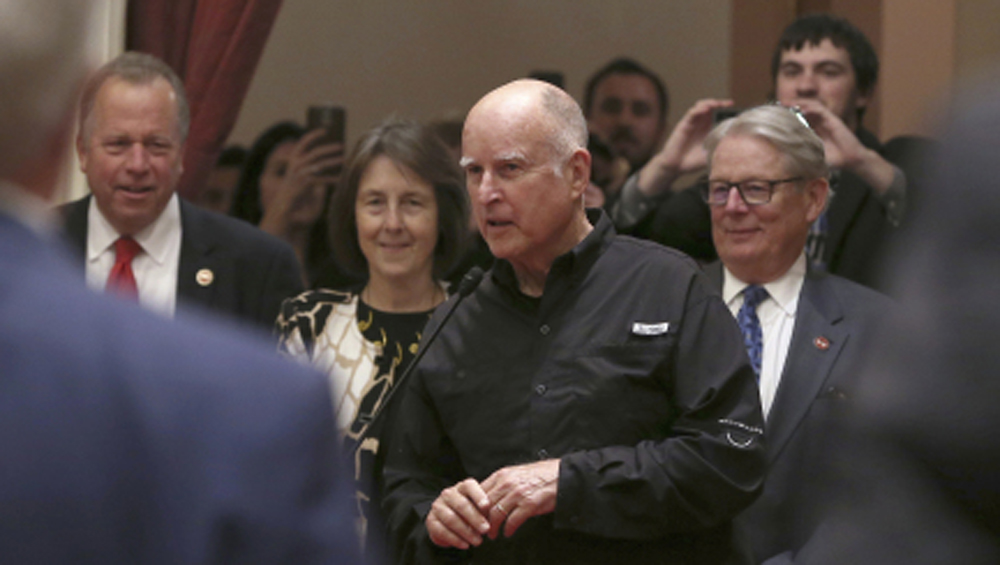
Gov. Jerry Brown today signed a measure that restores Obama-era open-internet rules in California, in a direct rebuke to the Trump Administration’s rollback of these regulations. The Justice Department responded with a lawsuit seeking to prevent the law from taking effect.
A new BIA/Kelsey forecast shows real estate, retail, general services and automotive are the leading categories.
The state’s “confidential communication” bill could criminalize journalists’ reporting on confidential information. The group says the measure would infringe on the rights of journalists and have a chilling effect on reporting issues of public interest.
A bill now being considered by California lawmakers is calling attention to the uneasy balance between copyright principles and public-records law. AB 2880, introduced by the Judiciary Committee and revised May 31, would allow state agencies to claim copyright protections in government works, while at the same time attempting to restrict agency efforts to use their copyrights to circumvent the state Public Records Act.
In the wake of the mass shooting in San Bernardino, the California Department of Motor Vehicles abruptly changed its long-standing policy on releasing the driver license photos of deceased people to the news media. A DMV spokesman said that photos would now be considered private data as outlined by state statute.
News organizations were among the groups that pushed for passage of the California Electronic Communications Privacy Act signed Thursday. The law now requires police to get a court order before they can search messages, photos and other digital data stored on phones or company servers in the nation’s most-populous state.
California Gov. Jerry Brown vetoed a state bill aimed at increasing citizens’ privacy protections against drone flights. The bill would have allowed property owners to file trespassing charges against drone operators who flew their unmanned aircraft less than 350 feet above their property. In a veto statement, Brown said the bill “could expose the occasional hobbyist and the FAA-approved commercial users alike to burdensome litigation and new causes of action.”
RTDNA, the National Press Photographers Association and a coalition of other journalism groups have sent a letter to California Governor Jerry Brown, urging him to veto a bill that would make it nearly impossible for newsrooms to use drones for newsgathering.



